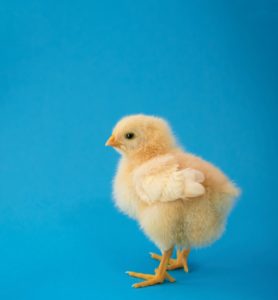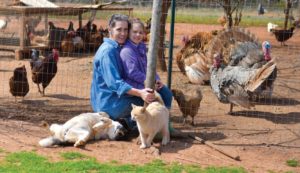While visiting with many horse owners either by telephone or in person, I don’t look only at nutrition, but also at nutrition management. Sometimes, nutrition management can be the most important part of your program. There are many considerations that have to be taken into account, including type of feed, work intensity, breed, discipline, stalled or not stalled, pasture or dry lot, and hay type, to name just a few. Your personal schedule is also extremely important if you work outside of your home.
As we all know, a horse’s digestive system is at its peak efficiency when consuming smaller meals. The small intestine, which averages seventy feet in length, is where the fats, carbs, and fat soluble vitamins K, A, D, and E are absorbed. There is only a limited amount of time for this to happen. More smaller meals gives the horse’s system time to process and absorb higher amounts of nutrition.
So what happens to the feed that is not efficiently absorbed in the small intestine? Most of it ends up on your pitchfork. Unfortunately, excess carbohydrates that are not fully absorbed enter the cecum and large intestine. Here, the leftover carbs ferment and create gas, which we really don’t want to happen in high quantities. This can easily be the culprit in many gas colics. We want to let the large intestine work as effectively as possible to digest fiber properly for good calm energy. Fiber also ferments in volatile fatty acids, which are stored as fat and used for energy throughout the horse’s body. If you are able to stretch your feed program to three times per day, that improves your horse’s efficiency greatly. Four times a day — even better! Smaller meals more often also improves the absorption of vitamins, minerals, and expensive supplements.
Let’s also look at this from your wallet’s standpoint. We drive our trucks all over creation, towing our trailers. We strive for the best Mpg, which translates into dollars. Would you pump fuel into your truck that gave only 50% efficiency? How about 70% efficiency? Purely from an efficiency standpoint, why wouldn’t we want to feed our horses so as to gain the highest level of efficiency and get the most out of our dollar? We can — it is all in the management of our program. In essence, we can feed less and get more in most cases. Nutrition management is just as important as proper training. If we have the right tools and use them properly and efficiently, our job becomes easier and the results are obvious.
I decided to write this article after a visit with a client in the northeast. It had to do with a horse that had abdominal pain, overly gassy, and just not being herself. We changed the type of feed as well as the management. It was a relatively easy fix, but sometimes this information is just not readily available. I do hear about these issues quite often. If you do have any questions or want to discuss this deep subject at length, feel free to give me a call, text, or email. I’d be glad to help.
‘Til then — Ride On!
























